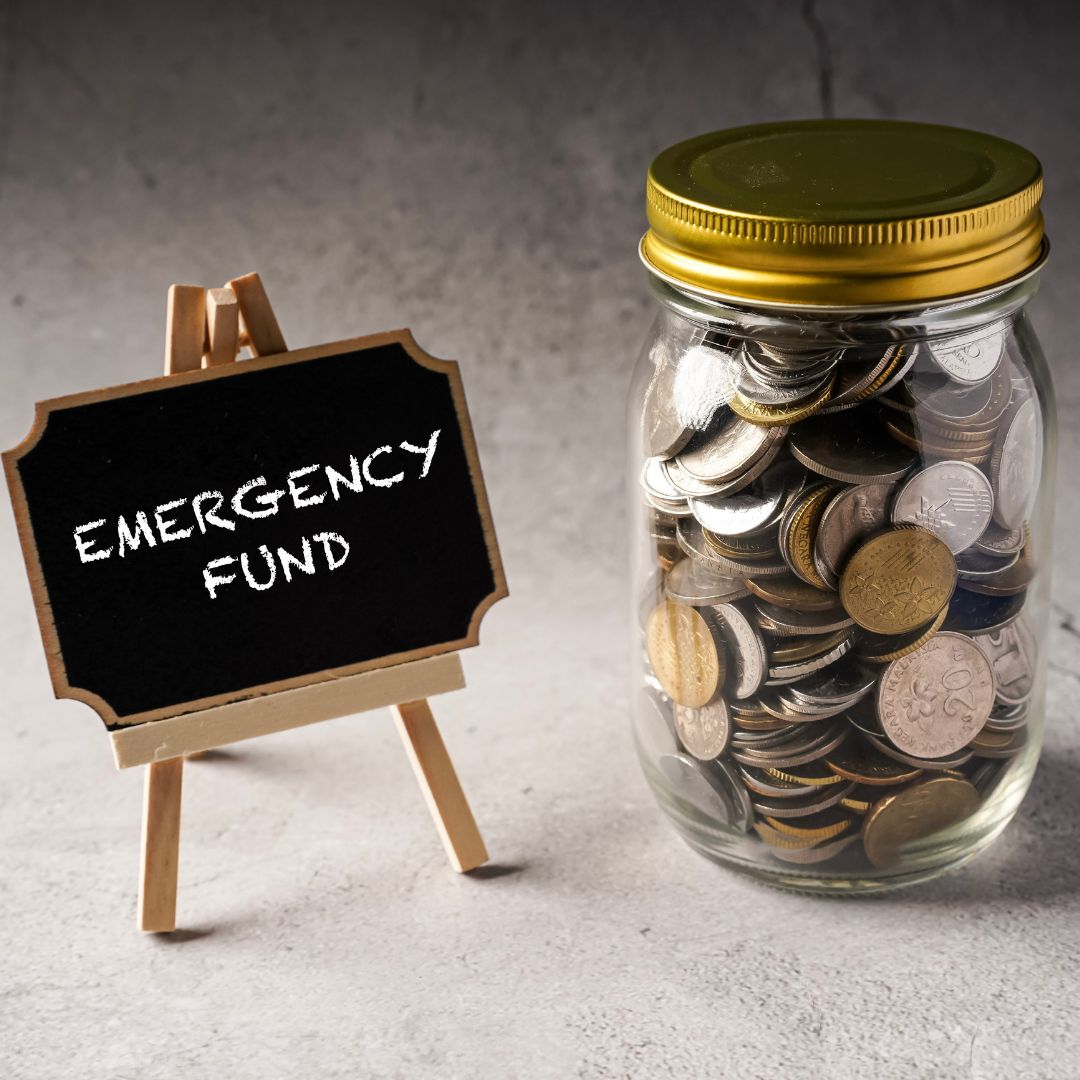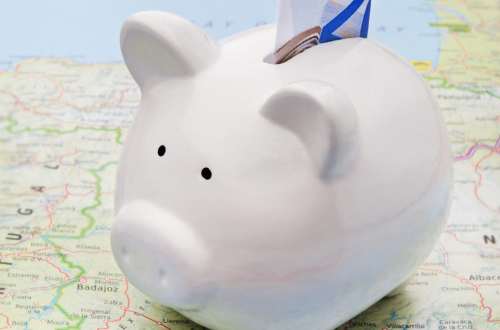There are a lot of reasons to have an emergency fund. For instance, it helps you sleep at night and keeps you from stressing out about unforeseen expenses. It can help you save money in case of an unexpected expense. The money is there for you to access when you need it, and you do not have to worry about spending it all in one go. Besides, it is also a great way to invest in your future.
Whenever there is a need to invest in a car, a course, or even in some multi generational house plans, you can rest assured that you can finance it using your emergency fund. However, you also need to learn that the saved sum isn’t the only emergency fund you can use. There are some other options out there, which we will discuss below:
Here are some of the alternatives to an emergency fund:
- Short term loan
Taking out a short-term loan is a good way to smooth out your finances if you need to get through a financial emergency. Of course, first, you understand how to apply for a quick loan today. The good news is that there are many fast and flexible options that you can use to get the cash you need right now. You can take out a personal loan directly from a lender, or, for a small fee, you can apply for a loan through a third-party company.
Keep in mind that there is nothing wrong with opting for a loan during a financial crunch. Even business owners resort to the option of borrowing (they often opt for a dti business loan) when they face cash shortage in their business. So, there is nothing in availing of one for your personal use.
- CD-ladder
CD stands for certificate of deposit. A CD ladder is a controversial financial savings strategy you can use. Instead of buying a CD with a fixed rate of interest, you instead purchase different lengths of CDs, usually ranging from 6 to 12 months. You sell the CD with the longest maturity with the highest interest rate when you need the money. This way, you can get more money even though you are forced to lock it up for an extended period of time. When the CD matures, you can use the money for other financial goals, such as an emergency fund, saving for early retirement, to afford a comfortable 55+ community, or buying a new home.
- Roth IRA Contributions
As I have said in the past, I am a big fan of risk-taking, and so I like the idea of the Roth IRA. This type of account allows the investor to earn tax-free income and leave it there all the way to retirement. But, like everything, there are pros and cons. If you want to see the pros, here they are: The Roth IRA is just like an ordinary IRA account, except it can be funded with after-tax money, and contributions are not deductible. Also, while it may seem like there are more restrictions on what you can do with the money once it is inside, there is not. There are many ways to save for a rainy day, and most of them are extremely time-consuming. If you do not have time to save for retirement, you can use a Roth IRA to help you save. These accounts allow you to make tax-deductible contributions to a retirement account, and then withdrawals from that account are tax-free after you leave the company.
- Quin
Finding the right credit card can be a daunting task. You can choose a card with a great reward program or a card with a low-interest rate. You may want a card that offers a generous rewards system or a card that will help you maintain your spending habits down the road. The best choice for you will depend on your spending habits, financial goals, and credit score.
- 401(k) Hardship Distribution or Loan
More and more people are choosing to defer their 401(k) contributions due to market conditions and the lack of an emergency fund in the event of job loss. Prior to 2008, many 401(k) plans offered loans to participants who faced financial hardship. In 2008 the financial market collapsed, making this type of plan to be a lasting solution. However, since then, the economy has changed, and the 401(k) industry has changed as well. Today, less than 1 in 10 employers offer hardship distributions to their employees, and most employees are not able to take advantage of these once again.
There is a common misconception that having an emergency fund is a requirement. This is not the case. An emergency fund can be advantageous in the sense that you have some money set aside for unexpected events in case you lose your job, your car is stolen, or your financial situation takes a turn for the worst. But if you do not need it, then it is not worth the money.





